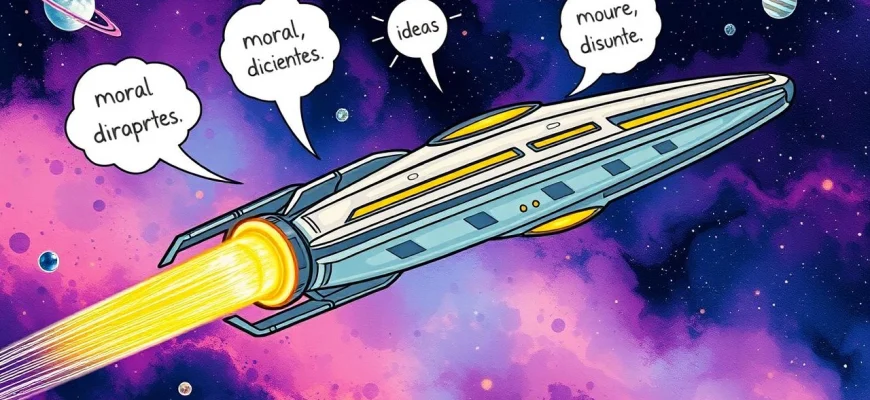If you're a fan of the original 'Star Trek' (1966) and its blend of space exploration, philosophical dilemmas, and iconic characters, you're in for a treat. This article curates 10 movies and TV shows that capture the same spirit of adventure, camaraderie, and thought-provoking storytelling. Whether you're craving more interstellar journeys or moral quandaries set against a sci-fi backdrop, these picks will satisfy your inner Trekkie and introduce you to new worlds worth exploring.
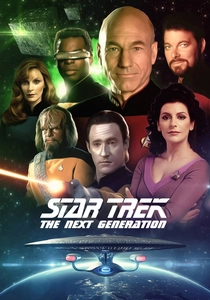
Star Trek: The Next Generation (1987)
Description: As a direct successor to the original Star Trek series, 'The Next Generation' shares the same core themes of exploration, diplomacy, and ethical dilemmas in space. It expands on the original's vision with a more modern approach to storytelling and character development, while maintaining the optimistic view of humanity's future.
Fact: Patrick Stewart was initially reluctant to take the role of Captain Picard, as he was concerned about being typecast. The show introduced the holodeck, a concept that has since become a staple in science fiction. 'The Next Generation' was the first Star Trek series to win a Hugo Award.
 Watch Now
Watch Now 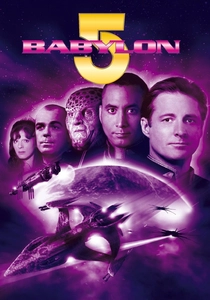
Babylon 5 (1994)
Description: 'Babylon 5' shares Star Trek's vision of a future where humans and aliens coexist, though it presents a more politically charged and serialized narrative. Like the original series, it uses science fiction to explore social issues, diplomacy, and the potential for unity among diverse species. Its intricate plotting and character arcs were groundbreaking for TV sci-fi at the time.
Fact: The show was one of the first to use CGI for all its space scenes, a novelty at the time. Creator J. Michael Straczynski wrote 92 of the show's 110 episodes himself. 'Babylon 5' was planned as a five-year story from the beginning, with a clear beginning, middle, and end.
 Watch Now
Watch Now 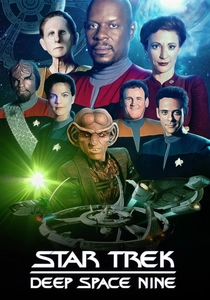
Star Trek: Deep Space Nine (1993)
Description: While 'Deep Space Nine' diverges from the original series' format by being set on a space station rather than a starship, it retains the Star Trek ethos of exploring complex social and political issues. Its serialized storytelling and darker tone were innovative for the franchise, yet it still emphasized the importance of cooperation and understanding among different cultures.
Fact: It was the first Star Trek series to feature a non-Starfleet main character as the lead (Benjamin Sisko). The show introduced the Dominion, one of the most formidable adversaries in the Star Trek universe. 'Deep Space Nine' was the first Star Trek series to have a continuous story arc spanning multiple seasons.
 Watch Now
Watch Now 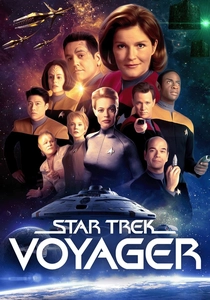
Star Trek: Voyager (1995)
Description: 'Voyager' returns to the original series' premise of a starship exploring unknown regions of space, but with the added twist of being stranded far from home. It combines the sense of adventure and discovery from the original with a focus on survival and the crew's evolution into a cohesive family, much like the original Enterprise crew.
Fact: Kate Mulgrew's Captain Janeway was the first female lead in a Star Trek series. The show introduced the Borg Queen, adding a new layer to the Borg collective. 'Voyager' was the first Star Trek series to feature a recurring character who was a former Borg drone (Seven of Nine).
 Watch Now
Watch Now 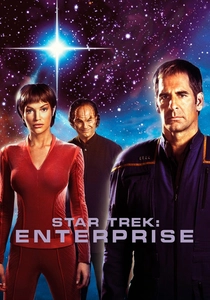
Star Trek: Enterprise (2001)
Description: As a prequel to the original series, 'Enterprise' explores the early days of space exploration, mirroring the original's spirit of discovery but with a more primitive technology level. It delves into the formation of the Federation, tying directly into the original series' lore and themes of unity and progress.
Fact: The show's theme song, 'Faith of the Heart,' was a departure from the traditional instrumental themes of previous Star Trek series. 'Enterprise' introduced the Temporal Cold War, a complex time-travel storyline. The series finale controversially featured a holodeck simulation with characters from 'The Next Generation.'
 Watch Now
Watch Now 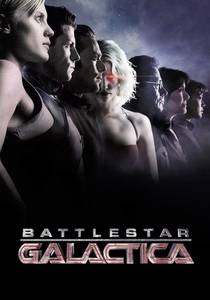
Battlestar Galactica (2004)
Description: While 'Battlestar Galactica' is often darker and more militaristic than Star Trek, it shares the original series' focus on exploring humanity's strengths and flaws through a science fiction lens. Both shows deal with themes of survival, leadership, and what it means to be human, albeit with different tones and approaches.
Fact: The show was originally conceived as a reimagining of the 1978 series of the same name. 'Battlestar Galactica' was praised for its realistic portrayal of military life and politics. The series' opening sequence famously declared, 'The Cylons were created by man. They evolved. They rebelled,' setting up its central conflict.
 Watch Now
Watch Now 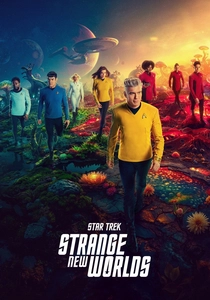
Star Trek: Strange New Worlds (2022)
Description: This series is a direct prequel to the original Star Trek, following Captain Pike and the USS Enterprise. It captures the episodic adventure format and optimistic tone of the original, with modern storytelling techniques and production values. The show pays homage to the original series' aesthetics while updating them for contemporary audiences.
Fact: The series features Anson Mount as Captain Pike, reprising his role from 'Discovery.' 'Strange New Worlds' brings back classic aliens like the Gorn, who were first seen in the original series. The show's episodic format is a return to the style of the original Star Trek after years of serialized storytelling in other recent series.
 Watch Now
Watch Now 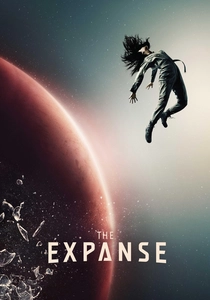
The Expanse (2015)
Description: 'The Expanse' shares Star Trek's commitment to realistic science and political complexity, but with a grittier, more grounded approach. Like the original series, it explores how humanity might expand into space, dealing with cultural tensions and ethical dilemmas along the way. Its multi-faceted characters and thoughtful world-building echo Star Trek's depth.
Fact: The series is based on a book series by James S.A. Corey. 'The Expanse' was initially canceled by Syfy after three seasons but was revived by Amazon due to fan demand. The show's portrayal of physics in space, including the effects of acceleration and gravity, has been praised for its accuracy.
 Watch Now
Watch Now 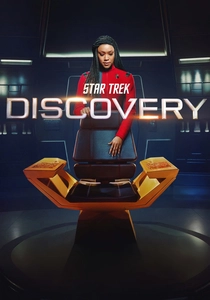
Star Trek: Discovery (2017)
Description: 'Discovery' modernizes the Star Trek formula with serialized storytelling and higher production values, while still focusing on exploration, diversity, and ethical questions. Its connection to the original series is evident in its setting (just a decade before Kirk's era) and its inclusion of classic elements like Spock and the USS Enterprise.
Fact: The show features the first African-American female lead in a Star Trek series (Sonequa Martin-Green as Michael Burnham). 'Discovery' was the first Star Trek series to debut on a streaming platform (CBS All Access). The show introduced the spore drive, a revolutionary but non-canonical propulsion system.
 Watch Now
Watch Now 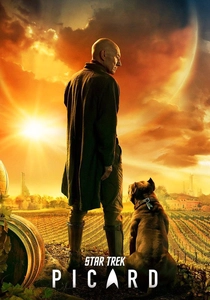
Star Trek: Picard (2020)
Description: 'Picard' continues the story of one of the most beloved characters from 'The Next Generation,' maintaining the original series' themes of hope and humanity while addressing more mature and complex issues. It revisits classic Star Trek lore, including the Borg and Romulans, and explores the legacy of the original series' ideals in a changed galaxy.
Fact: The series marks Patrick Stewart's return to the role of Jean-Luc Picard after nearly 20 years. 'Picard' features appearances by several characters from 'The Next Generation' and 'Voyager.' The show explores the aftermath of the Romulan supernova, a event first mentioned in the 2009 Star Trek film.
 Watch Now
Watch Now 
